
The blame game

BREAKING down the stigma faced by people living with HIV has been named a key objective of this year’s International AIDS Conference hosted in Melbourne. A fundamental principle of the world’s response to the epidemic, the eradication of HIV stigma is increasingly recognised as being at the heart of effective treatment and care for people living with the virus.
These are the stories of five people living with HIV. For them and for countless others, stigma isn’t an abstract idea, it’s lived, through interactions with friends and family, partners and strangers, throughout the gay community and elsewhere. Their stories are a reminder of why it is vital to work towards an end to HIV stigma.

Dean Camilleri
WHEN Dean was younger, before he was diagnosed, he remembers how he thought about people living with HIV.
“I remember being out one night with a bunch of friends and they were pointing to a guy and saying, ‘that guy’s HIV-positive,’ and everyone wanting to keep clear of him — feeling really sorry for him, but thinking, god, I would never have sex with or go near anyone with HIV,” he said.
Dean was regularly having unprotected sex with a guy who swore he was HIV-negative when he received his positive diagnosis.
“He said he was really keen to catch up again, so I caught up with him one more time and had unprotected sex. I felt awful because I thought maybe I put him at risk,” he said.
A few months later, it turned out the guy had been HIV-positive and lying about his status.
“I never thought someone would lie about something so serious and put someone at risk. But I guess through that process and dealing with the rejection that has come after being HIV-positive, I certainly understand why he may have done that,” Dean said.
He said his response to diagnosis was one of shame.
“It plays into the mentality of the ‘good gay’ and the ‘bad gay’. The ‘good gay’ always wears condoms and only has one sexual partner, the ‘bad gay’ ends up getting STIs and HIV,” Dean said.
“I think my mum wanted to find out who it was and pursue it and get them in trouble, and I kind of knew myself if I’d gone down that road, blaming someone else for my actions probably wasn’t going to help me in the long run.
“So I just remember this overwhelming sense that my mum needed to think someone else was the villain and that I had no part to play in this awful thing that had happened.”
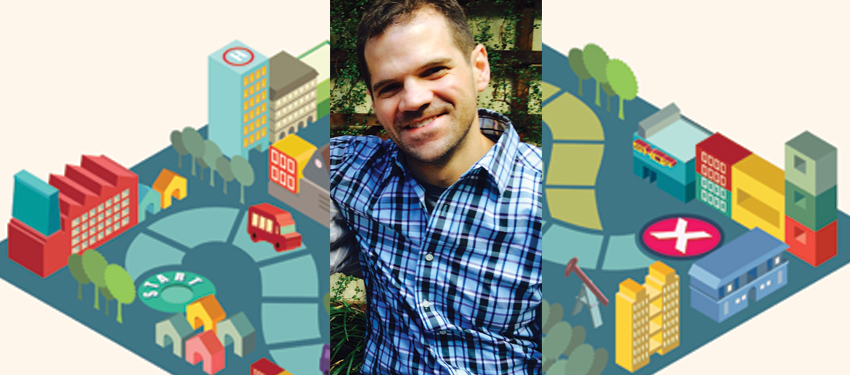
John Manwaring
JOHN has learned to expect anything when he discloses his HIV status.
“A guy physically attacked me. It’s not like he did any real damage, but he grabbed me, and it was almost like he was trying to physically protect himself,” he said.
“We were at my apartment. We were just standing at the kitchen counter having beer. I’d opened some beers and we were just talking, and he was alluding, hey, maybe sex… This was a really calm, chilled-out guy who’d been really lovely the whole evening, and as soon as I [disclosed] this tension came, and it was such a surreal experience… I was having to push him off me and say, ‘what the fuck is wrong with you?’ And he just said, ‘fuck you’, and left.”
Dating has been a flashpoint for extreme reactions for John on a number of occasions. Being physically assaulted was perhaps the most bizarre example, but he described other dating experiences that were more hurtful.
“We were at the guy’s place sitting on the couch just talking, made out a little bit, and then he started trying to unbutton my shirt. I said, ‘before we go any further, I just want to let you know I’m HIV-positive’,” John said.
“He got really quiet and didn’t say anything, and I said, ‘are you okay? Do you have any questions?’ And he said, ‘I can’t believe I did this, I can’t believe I kissed you, this is so fucking stupid, I don’t want to be in this situation.’ And then he turned to me and he said, ‘you should have told me that before you told me your name.’
“I thought, fuck, is that all I am? I’m not me, I’m just my status? Now I laugh about it because what would that have sounded like? Hi, I’m HIV-positive and I’m John. It was frustrating. Frustrating doesn’t really do it justice—it was crushing.”
That wasn’t John’s most painful experience disclosing on a date.
“The one that hurt worst was a guy I’d been on a couple of dates with. We got along really, really well, the attraction was mutual… It got to a point where I thought, alright, I need to disclose. And I told him, and without saying a single word, he got up, walked out the door and left,” John said.
“Then he went out and he started telling people that I was a crack-whore, basically, that I was going out there and I was sleeping around, and having bareback sex for drugs… All the things he was saying were like saying, ‘this guy deserved it, and he’s a bad person because of it’.”
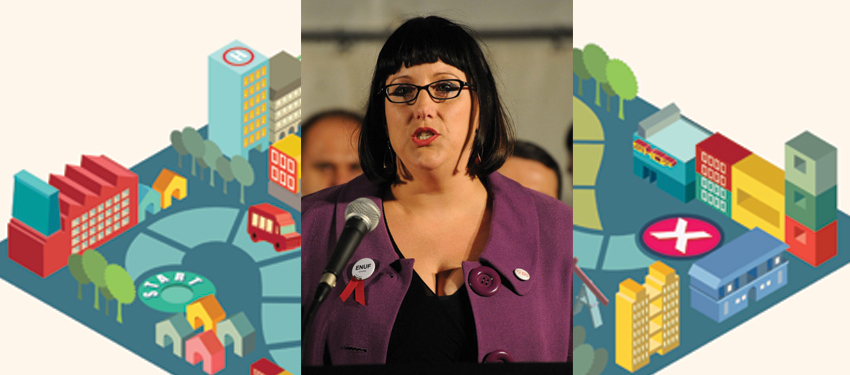
Cath Smith
AS a woman living with HIV, Cath said she feels like a minority within an already-stigmatised community. Alongside the challenges of living with the diagnosis, Cath said she doesn’t always feel accepted by the gay men who make up the majority of people living with HIV in Australia.
She regularly attends Positive Attitude, a support and social group in Melbourne for people living with HIV, and described a recent experience at one of the events.
“I’m sitting at the table with all the guys and this guy goes to me, ‘where are you from?’,” she recalled.
“I said, ‘Mount Beauty.’ And he said, ‘no, I mean, what group are you with?’ And I said, ‘what do you mean?’ And he said, ‘why are you here?’ My friend next to me actually said to him, ‘because she’s HIV-positive just like us’.”
Living in a small town, Cath said the support of her close friends in the tight-knit community was vital, but she often worried about being able to rely on that support. She tried to raise with one friend the prospect of disclosing to the friend’s 14-year-old daughter.
“This friend of mine just doesn’t want her daughter to know,” Cath said.
“Now I am too afraid to ask why she doesn’t want her daughter to know. Is it because secretly, deep down, she’s got feelings of stigma towards me? What will other people think of her if they know?”
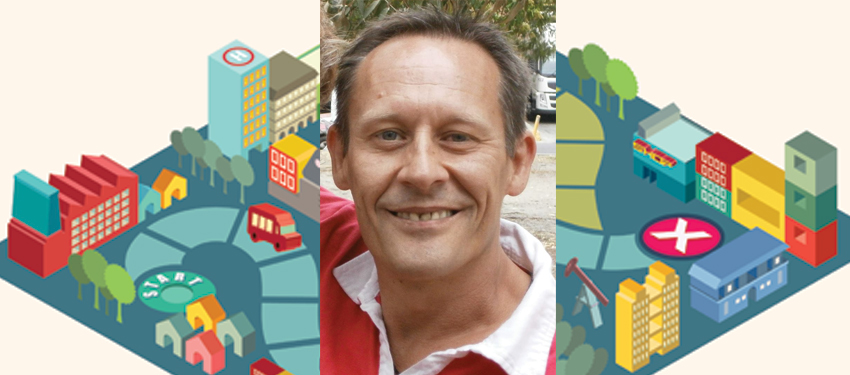
Richard Keene
A MAN Richard had been having sex with approached him at a Melbourne sex-on-premises venue and publicly accused him of giving him HIV. Richard had disclosed his HIV status, and the two had practised safe sex.
“He came up to me at Club 80 in the coffee lounge. He was quite aggressive, and he was quite upset, and it ended up being a situation where I had to sit down with him for an hour trying to counsel him over his HIV-positive diagnosis,” Richard said.
“The last thing you want when you’re sitting in a place like Club 80 is someone screaming across the room, ‘you’ve given me AIDS’.”
While Richard desperately wanted to defuse the situation, he could also empathise with the man — he understood what a shock to the system a positive diagnosis could be. Despite the only very minor risk, the man wanted to blame Richard because he had been upfront about his status. He said it felt like being punished for doing the right thing.
“You walk away from that and you just think, what’s the use? So for a long time after that I stopped doing sex-on-premises venues,” he said.
“I’m someone who’s been positive for a long time, who’s got good support, who’s quite resilient, imagine the effect that would have on somebody who wasn’t in my situation?”
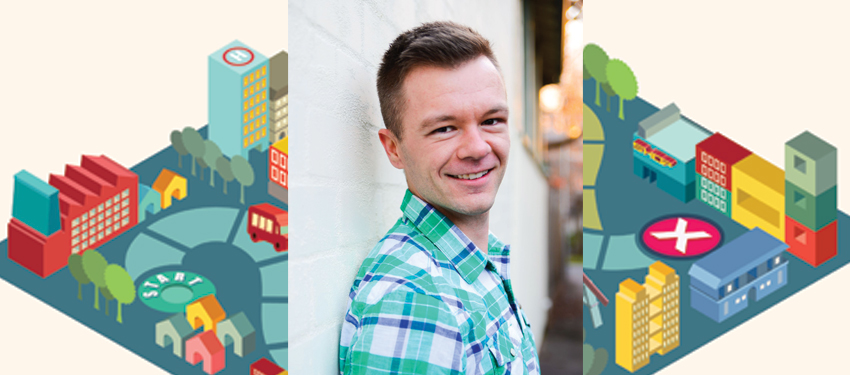
Mitchell Payne
A FEW weeks after Mitchell appeared in a short documentary film about HIV stigma, two men started verbally abusing him while he was grocery shopping.
“I was in the fruit and veg section looking at apples,” he said, explaining the men were speaking loud enough to know Mitchell could hear them.
“They said, ‘isn’t that the guy from the AIDS documentary?’ I thought, okay, here we go…”
The men then said the apples would be spoiled because he had touched them. Finally, much louder again, one of them said: “Dirty AIDS cocksucker.”
“I could believe it was happening, to be honest. I basically just left. I didn’t say anything. Looking back I kind of wish I’d turned around and confronted these people, but in the moment, all I did was thought, I have to leave right now,” Mitchell said.
“Because not only had these people belittled me, they’d also said it loud enough for other people to hear… I didn’t really want to know if anyone was looking at me, because I felt the size of a peanut, just so tiny and insignificant in that moment.”
After so long being out and open as a gay man living with HIV, Mitchell had almost forgotten how deeply hurtful it could be to confront such direct stigma and abuse.
**This article first appeared in the brand new August issue of the Star Observer, which is now available in Melbourne, Sydney, Brisbane, Adelaide and Canberra. Click here to find out where you can grab your free copy.


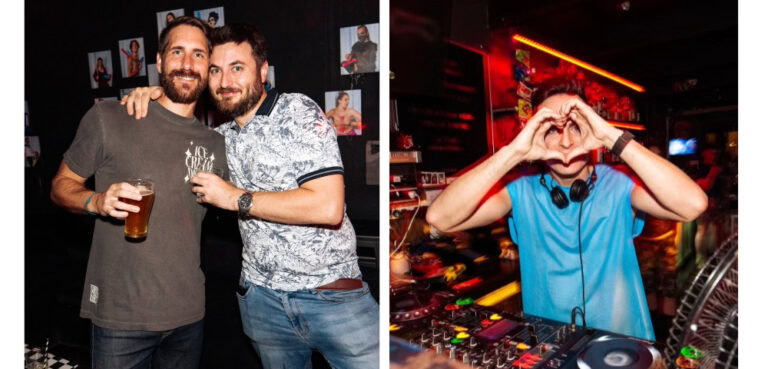


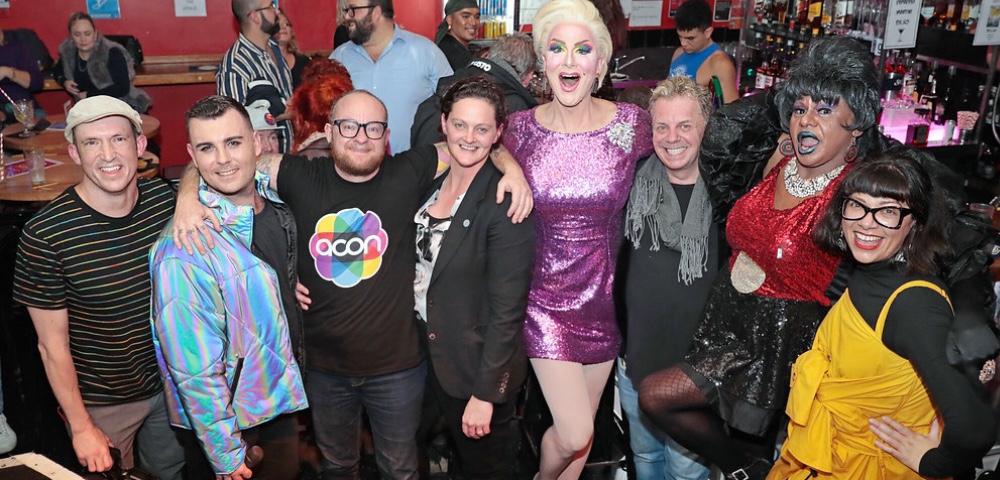
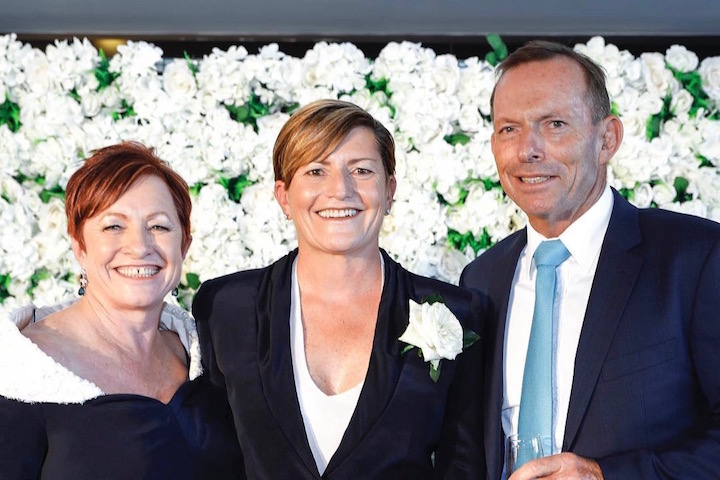
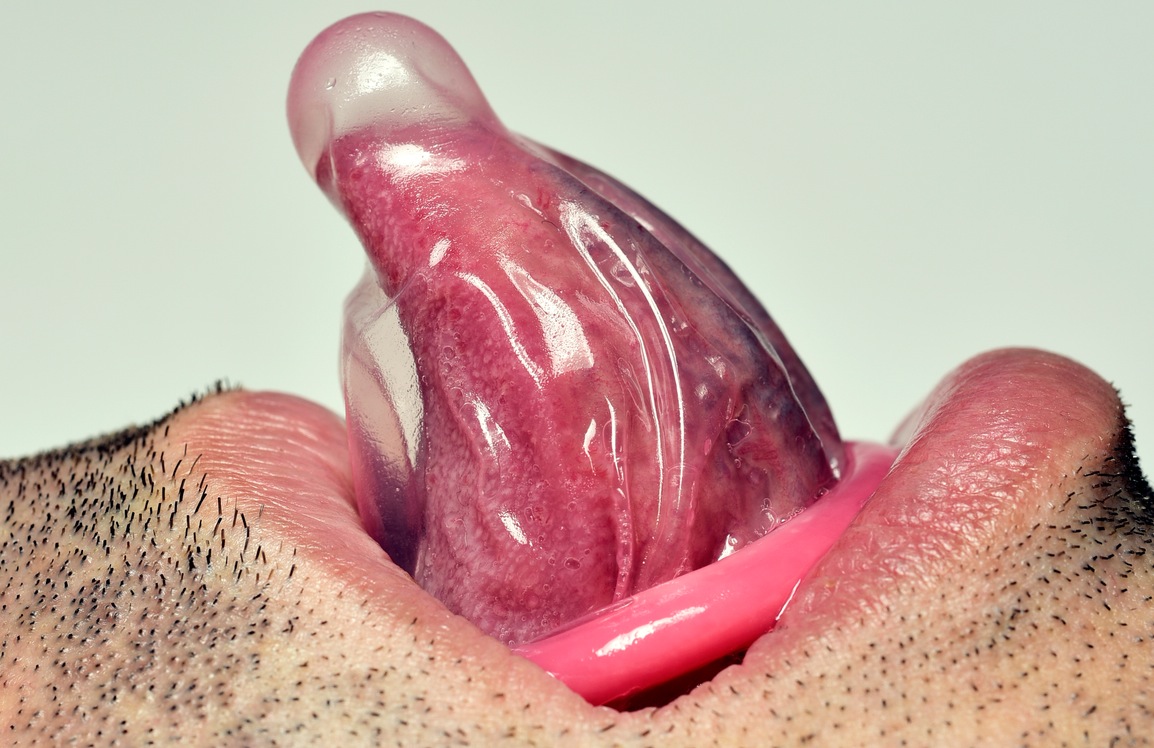
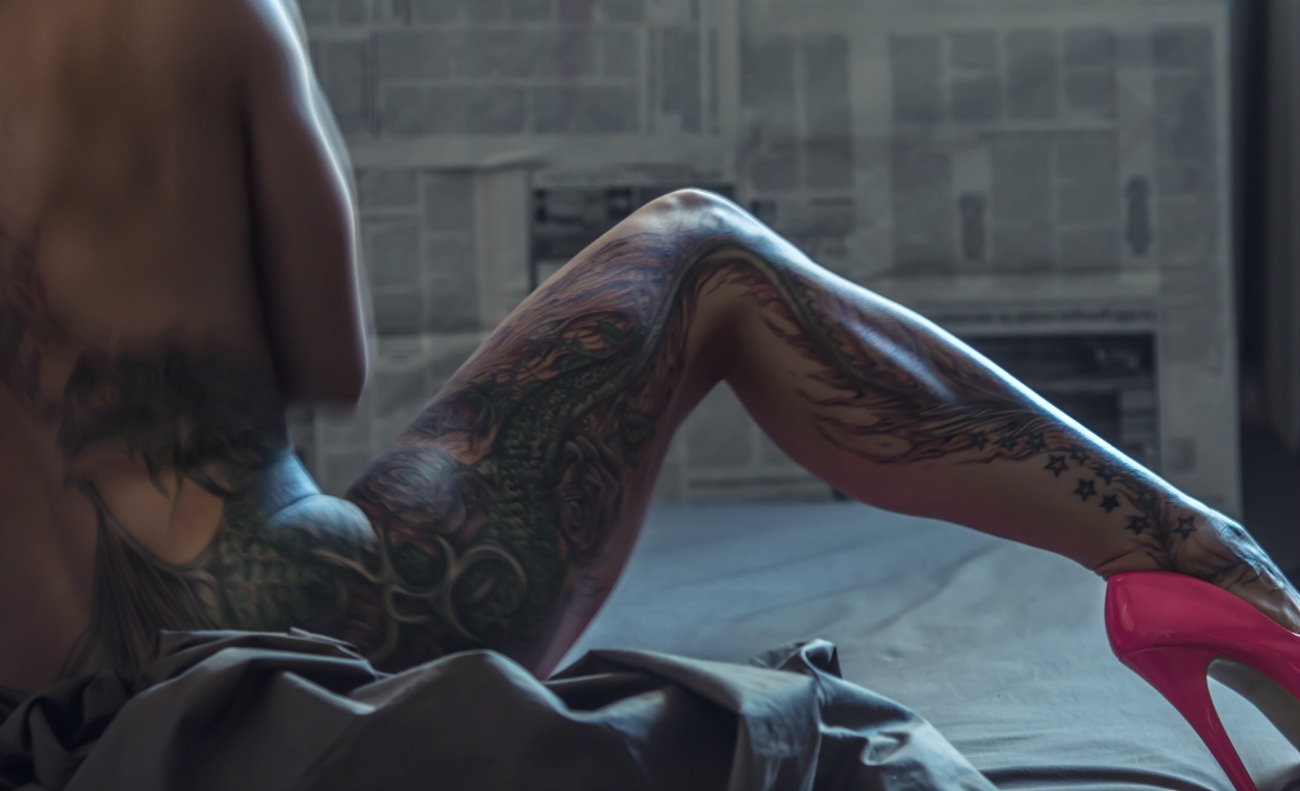
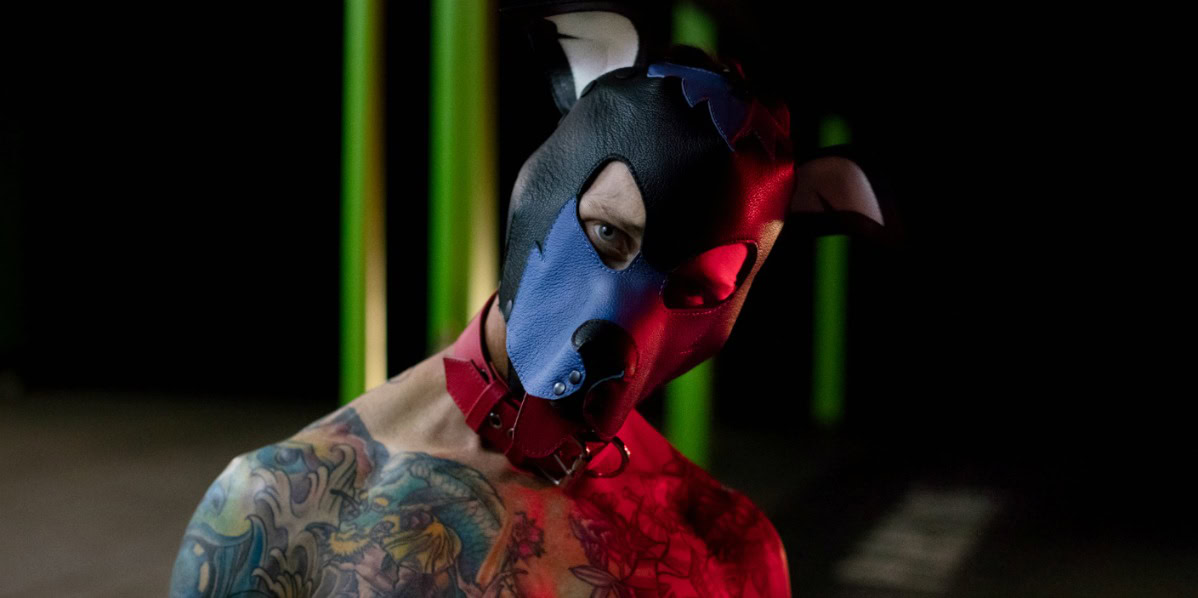
What has my country Australia become? – with ongoing discrimination, abuse, bigotry and hatred still happening in 2014, this time on HIV-positive individual people!
Gay men especially should know better (since we still cop a hell of discrimination, bigotry, hatred and abuse – especially from Tony Abbott), just because someone is HIV positive, do not ever mean you have an excuse and treat them like dirt!